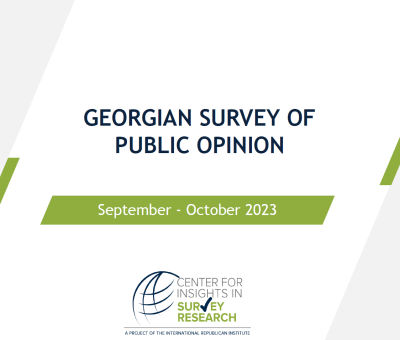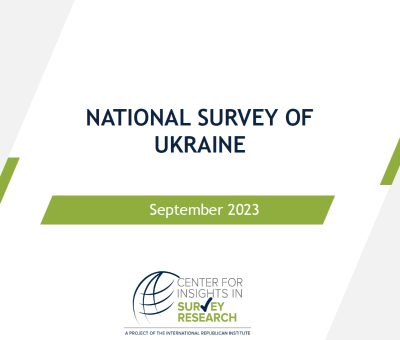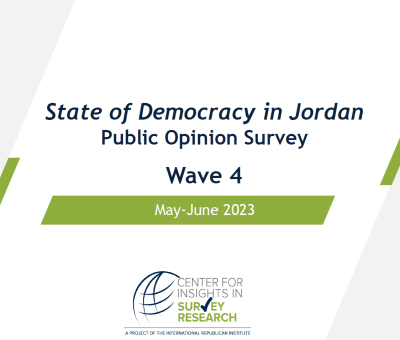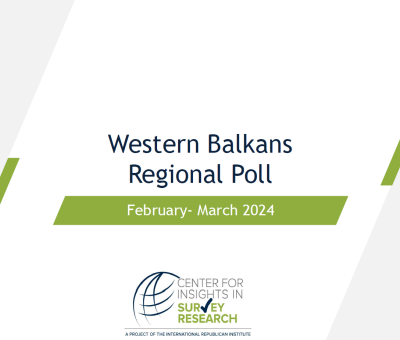
Center for Insights in Survey Research (CISR)
Research and Public Opinion Data
Research and qualitative and quantitative public opinion data is a cornerstone of IRI’s approach to programming. Our data helps put citizens’ needs at the center of the political debate and guides our projects’ goals. To date, IRI has polled more than 1.5 million citizens through over 1000 polls in over 100 countries. Since 1998, we have carried out polling and survey research programs in some of the world’s most challenging environments – from former Communist bloc countries following the fall of the Soviet Union to Iraq following the fall of Saddam Hussein.
IRI’s research approach integrates CISR’s methodological polling best practices protocols and field partner in-depth knowledge of the local research environment. This close collaboration begins at project design, with carefully calibrated sampling and instrument development, and continues throughout the entire fieldwork cycle to ensure the collection of reliable qualitative and quantitative data.
After undergoing extensive quality control checks, the data is used to produce sound analysis, provide rich and actionable insights to decision makers and inform public policy and strategy. IRI strives to empower local stakeholders to perform customized analysis on polling data to “slice and dice” datapoints according to their individual information needs. In addition to publishing comprehensive charts, we design easy-to-use interactive dashboards that allow users to filter and crosstabulate data, for example in the Democratic Republic of Congo (French), Burma, Tunisia, and the Balkans.
Putting Data to Work for Citizens and Governments
The availability of reliable information is vital to a functioning democracy, as it allows for governments and citizens to interact constructively to address problems requiring political solutions. IRI’s quantitative and qualitative research informs politicians, civil society groups, and other stakeholders of the currents of public opinion so that they can respond in an effective manner.
While IRI relies on face-to-face interviews in the vast majority of countries we survey in order to yield truly representative samples that do not exclude marginalized people, we also use more novel methodologies such as phone interviews and even online surveys where feasible. IRI also collaborates with the French think tank Fondapol on the a global online survey gauging attitudes towards democracy in over 40 countries.
In authoritarian and transitioning countries, polling has enabled us to identify the areas of greatest need or opportunities to engage in programming that will help citizens advance democratic norms in their own countries. In Ukraine, IRI conducted several rounds of a “mega poll” of more than 19,000 residents of 24 cities across the country to gauge the effects of decentralization and anti-corruption on the local level.
Our focus group reports on countering violent extremism in Kosovo, Tunisia, and Indonesia have been used to brief policymakers on the dynamics driving vulnerable individuals to join extremist groups so that officials can craft better-informed policies to combat terrorism. Additionally, polls from IRI’s programs around the world — from Georgia to Jordan — are used to brief government officials, political parties and civil society groups on the issues of greatest concern to the people, ranging from concerns over ongoing wars to dissatisfaction with the condition of the roads and public services.
Latest Polls and Qualitative Research

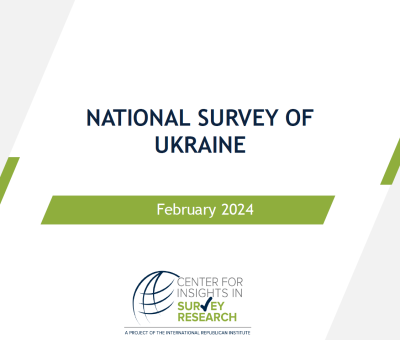
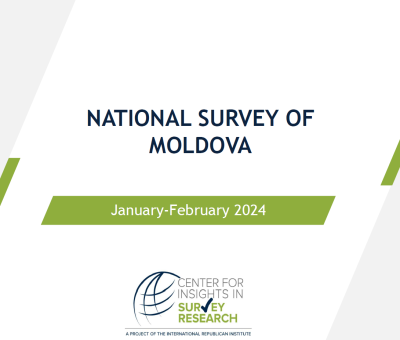
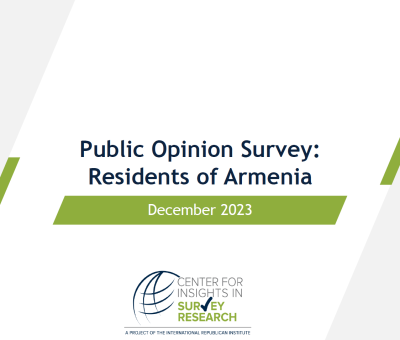
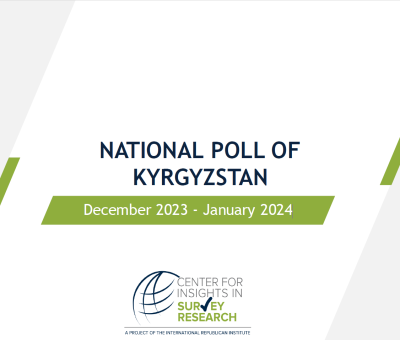
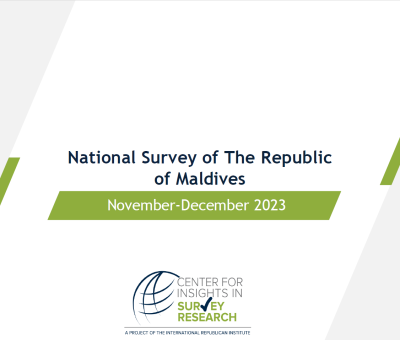
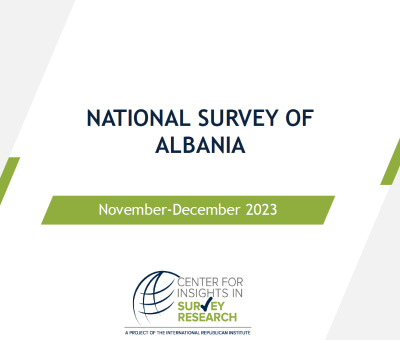
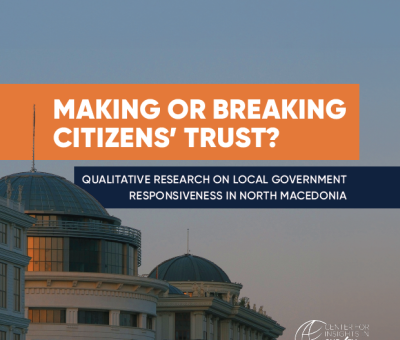
Making or Breaking Citizen’s Trust?…
Qualitative Research on Local Government Responsiveness in North Macedonia
